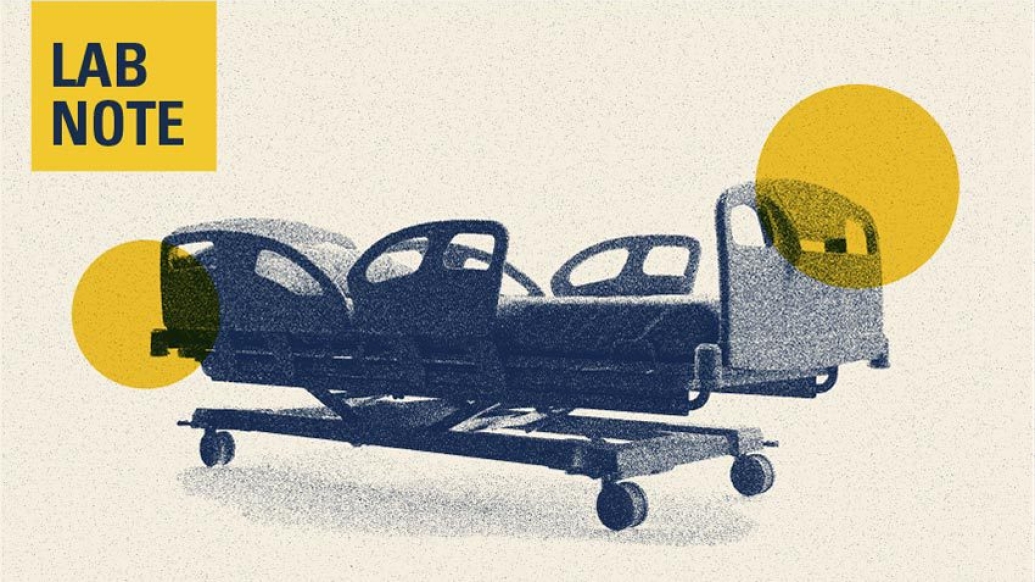Black children were more likely to have unrecognized low oxygen levels than white children.
5:00 AM
Author |

During the height of the pandemic, research from a Michigan Medicine team uncovered racial disparities in the accuracy of pulse oximeters, devices used extensively in the health care setting to gauge a patient's blood oxygen levels and used to triage patients for therapy. Consistently, Black patients were more likely than white patients to have a discrepancy between their oxygen readings on a pulse oximeter—which often read as normal—and their results from a more sensitive arterial blood gas test, which often revealed abnormally low oxygen levels.
Recently, the same team partnered with U-M's C.S. Mott Children's Hospital pediatric critical care specialists Erica Andrist, M.D., and Ryan Barbaro, M.D., to understand whether the same phenomena occurred in Black children who were hospitalized.
In research published in JAMA Network Open, the team did an analysis of more than 9,000 blood gas tests from 186 Black pediatric patients and 934 white pediatric patients and found that 21.1% of Black children experienced arterial hypoxemia (low blood oxygen) despite a normal pulse oximeter reading—more frequently than in white children, 15.6% of whom had a discrepancy between the tests.
Further, the odds of the pulse oximeter reading failing to detect dangerously low blood oxygen was more than twice as likely in Black pediatric patients than in white pediatric patients. The results call for more research into potential health outcomes impacted by racial differences in pulse oximeter accuracy.
Paper cited: "Association of Race With Pulse Oximetry Accuracy in Hospitalized Children," JAMA Network Open. DOI: 10.1001/jamanetworkopen.2022.4584

Explore a variety of healthcare news & stories by visiting the Health Lab home page for more articles.

Department of Communication at Michigan Medicine
Want top health & research news weekly? Sign up for Health Lab’s newsletters today!





